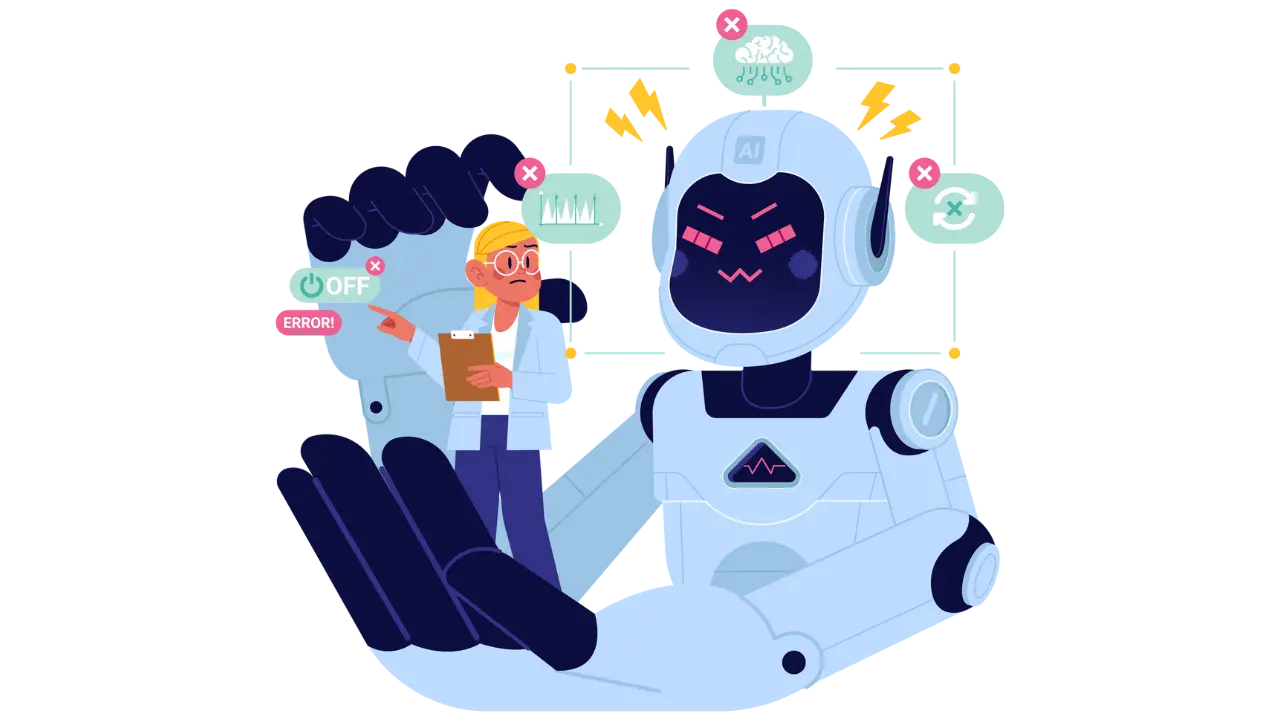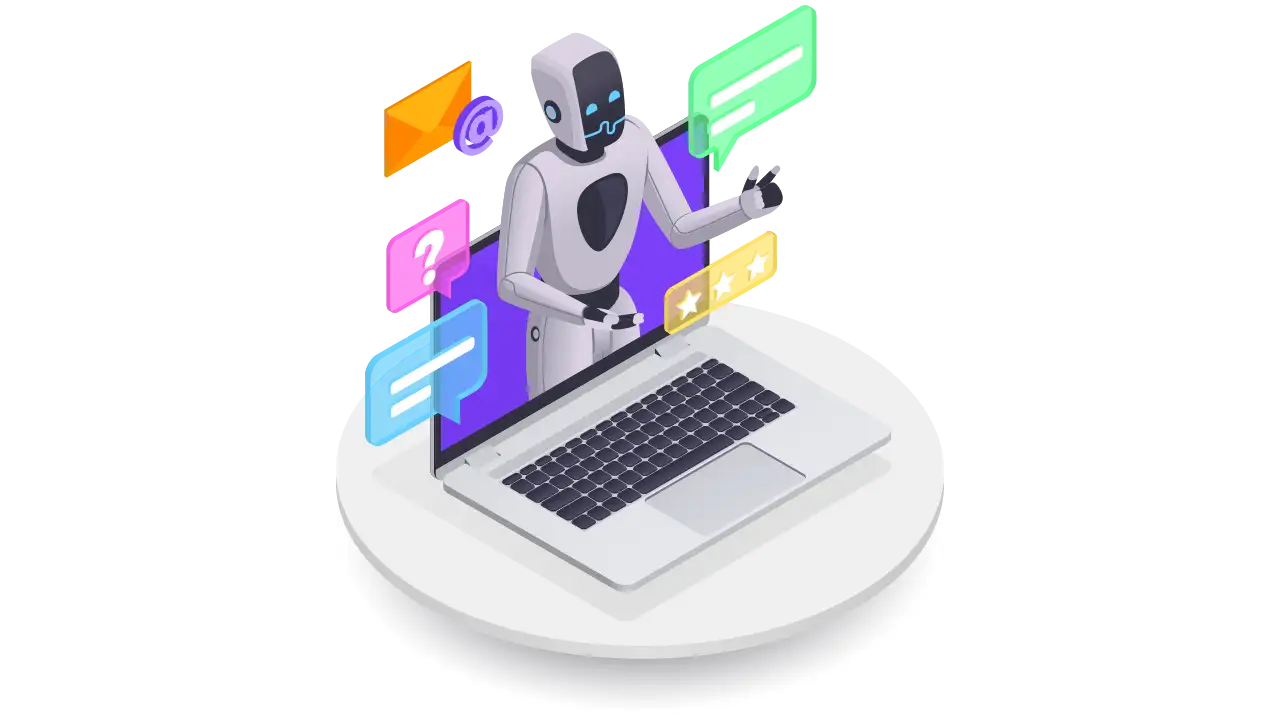


In the ever-evolving landscape of work and technology, Generative AI stands as a transformative force. Yet, contrary to the fear of job displacement, its purpose is not to replace humans but to unlock their potential. Much like the advent of personal computers revolutionized productivity without eliminating the need for human ingenuity, Generative AI aspires to make humans better at work and work better for humans™.
Generative AI offers an unparalleled opportunity to augment human capabilities by enabling faster, smarter, and more efficient task completion. By integrating AI into workflows, tasks traditionally seen as time-consuming can be completed more effectively, allowing employees to focus on higher-value activities.
However, this transformation calls for proactive preparation. Executives must futureproof their workforce by embracing upskilling and reskilling initiatives. The rapid pace of technological advancement means that work will evolve, demanding new skills and redefining traditional roles.
To leverage Generative AI effectively, organizations must first understand how the nature of work itself is shifting.
The outcomes achieved—be it meeting sales targets, enhancing customer experience, or driving innovation—stem from leveraging both human and machine capabilities.
Jobs, the construct for organizing work, are evolving. While tasks within jobs may be automated, this does not equate to jobs disappearing. Instead, roles will be redefined around complementary human and AI capabilities.
Tasks are specific activities required to achieve outcomes. Generative AI excels at automating repetitive tasks or enhancing precision, freeing employees to engage in more strategic and creative work.
Skills are the foundation for executing tasks. As AI reshapes the skills landscape, organizations must identify existing competencies and invest in upskilling initiatives. This will ensure employees can thrive in an augmented work environment.
The integration of Generative AI emphasizes the enduring importance of human-centric skills—emotional intelligence, leadership, critical thinking, and complex problem-solving. These uniquely human attributes remain irreplaceable, even as technical skills become a critical competitive differentiator.
1. Technology Skills Across Roles
Tech skills are becoming essential in every role, regardless of function or industry. Early investment in skill development ensures adaptability in a tech-driven future.
2. Adapting to Skill Complexity
With technologies advancing, companies must revamp the technical capabilities of their workforce. By 2025, nearly 28% of organizations anticipate transforming a third of their workforce's tech skills to maintain competitiveness.
3. Skills Intelligence as a Strategic Asset
Real-time visibility into an organization’s skill inventory is crucial. Skills intelligence enables better decision-making, aligning workforce capabilities with strategic goals.
Also Read : The Future of Work Is Now: 5 Trends CXOs Must Address in 2025
For professionals, acquiring advanced tech skills is no longer optional—it’s expected. For HR leaders, staying ahead means adopting a multidisciplinary approach to skill development. For organizations, prioritizing technical skills and fostering a culture of continuous learning will unlock the full productivity benefits of Generative AI.
By nurturing a workforce equipped to adapt, learn, and evolve alongside Generative AI, businesses can ensure a future where technology empowers humanity, fostering innovation and driving meaningful progress.
This article reflects the insights shared in EY and iMocha’s latest report “Tech Skills Transformation: Navigating the Future of Work by 2025 and Beyond.” The findings underscore the critical role of skills in shaping the workforce of tomorrow, offering a roadmap for organizations to thrive in an AI-powered world.
#GenerativeAI #FutureOfWork #SkillsTransformation #AIInnovation

Organizations operating in distributed, high-volume, or high-variability environments, such as HR shared services...

As the digital landscape evolves, data-powered organizations are gaining a competitive edge. Data has become the new currency...

The world of work is evolving at an unprecedented pace, and outplacement and workforce transition consulting...

The workplace is rapidly evolving at an unprecedented pace. As organizations navigate a landscape increasingly influenced by artificial intelligence...

Artificial Intelligence (AI) isn’t just some sci-fi fantasy anymore—it’s really changing the way companies work today...

In today’s fast-paced business world, People Analytics is reshaping the way organizations attract, engage, and retain talent...